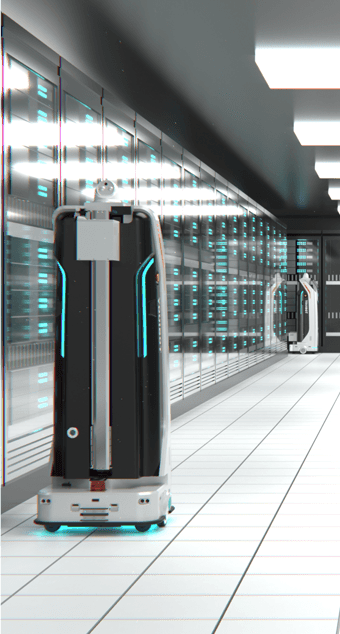industrial automation, the use of control systems and information technologies to handle different processes in an industry, has revolutionized various sectors by increasing efficiency and productivity. This article will explore the benefits and advancements brought about by industrial automation.
The Benefits of Industrial Automation
Industrial automation has significantly improved manufacturing processes by reducing human error, increasing production speed, and enhancing overall product quality. With automated systems in place, companies can achieve higher levels of precision and accuracy while minimizing waste.
In addition to improving operational efficiency, industrial automation also ensures a safer working environment for employees. By automating hazardous tasks or repetitive actions that may lead to injuries or health issues over time, workers are protected from potential risks.
Furthermore, industrial automation allows businesses to optimize resource allocation. Automated systems can monitor energy consumption and adjust usage accordingly, leading to cost savings and reduced environmental impact.
Youibot: A Leader in Industrial Automation
Youibot is a prominent player in the field of industrial automation solutions. The company specializes in developing intelligent mobile robots that assist with material handling tasks within warehouses or factories.
These robots are equipped with advanced sensors and artificial intelligence capabilities that enable them to navigate complex environments autonomously. They can transport goods efficiently between different locations without requiring constant human supervision.
Youibot’s robots not only improve operational efficiency but also contribute to employee satisfaction. By taking over physically demanding or monotonous tasks such as heavy lifting or long-distance transportation, these robots allow workers to focus on more intellectually stimulating activities.
Click robotics in logistics.
Robotics in Logistics: Streamlining Supply Chains
The integration of robotics into logistics operations has transformed supply chain management practices worldwide. Automated guided vehicles (AGVs) play a crucial role in optimizing warehouse operations by efficiently moving goods, reducing human error, and increasing throughput.
AGVs can navigate through narrow aisles and operate 24/7 without the need for breaks or rest. They are capable of handling various types of loads, from small packages to heavy pallets, ensuring smooth material flow within warehouses.
In addition to AGVs, robotic arms have also become essential tools in logistics automation. These versatile machines can perform tasks such as picking and packing with high precision and speed. By automating these processes, companies can significantly reduce order fulfillment time and improve customer satisfaction.
Conclusion

The advancements in industrial automation have revolutionized industries by improving efficiency, safety, and resource allocation. Companies like Youibot are at the forefront of developing intelligent robots that enhance productivity while providing a safer working environment for employees.
Furthermore, robotics integration in logistics has streamlined supply chains by optimizing warehouse operations and accelerating order fulfillment processes. As technology continues to advance rapidly, industrial automation will undoubtedly play an increasingly vital role in shaping the future of various industries.

